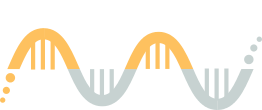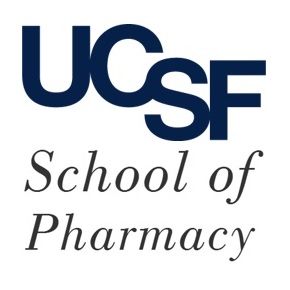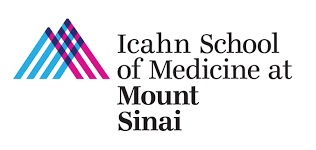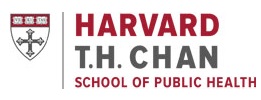Submitted by ja607 on
| Title | A Bayesian framework that integrates multi-omics data and gene networks predicts risk genes from schizophrenia GWAS data. |
| Publication Type | Journal Article |
| Year of Publication | 2019 |
| Authors | Wang, Q, Chen, R, Cheng, F, Wei, Q, Ji, Y, Yang, H, Zhong, X, Tao, R, Wen, Z, Sutcliffe, JS, Liu, C, Cook, EH, Cox, NJ, Li, B |
| Journal | Nat Neurosci |
| Volume | 22 |
| Issue | 5 |
| Pagination | 691-699 |
| Date Published | 2019 05 |
| ISSN | 1546-1726 |
| Keywords | Animals, Bayes Theorem, Disease Models, Animal, Gene Regulatory Networks, Genetic Predisposition to Disease, Genome-Wide Association Study, Genomics, Humans, Mice, Risk Factors, Schizophrenia |
| Abstract | Genome-wide association studies (GWAS) have identified more than 100 schizophrenia (SCZ)-associated loci, but using these findings to illuminate disease biology remains a challenge. Here we present integrative risk gene selector (iRIGS), a Bayesian framework that integrates multi-omics data and gene networks to infer risk genes in GWAS loci. By applying iRIGS to SCZ GWAS data, we predicted a set of high-confidence risk genes, most of which are not the nearest genes to the GWAS index variants. High-confidence risk genes account for a significantly enriched heritability, as estimated by stratified linkage disequilibrium score regression. Moreover, high-confidence risk genes are predominantly expressed in brain tissues, especially prenatally, and are enriched for targets of approved drugs, suggesting opportunities to reposition existing drugs for SCZ. Thus, iRIGS can leverage accumulating functional genomics and GWAS data to advance our understanding of SCZ etiology and potential therapeutics. |
| DOI | 10.1038/s41593-019-0382-7 |
| Alternate Journal | Nat. Neurosci. |
| PubMed ID | 30988527 |
| PubMed Central ID | PMC6646046 |
| Grant List | R01 MH113362 / MH / NIMH NIH HHS / United States U01 HG009086 / HG / NHGRI NIH HHS / United States U24 HG008956 / HG / NHGRI NIH HHS / United States |





